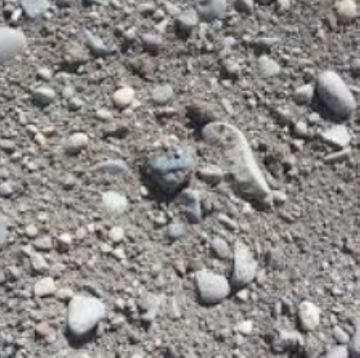Sand & Gravel
Sand and gravel are classifed as a natural material. Unlike crushed stone, gravel is sold and used in its natural state. The texture of gravel material will be smooth while the crushed stone has angular and sharp edges.
Foundation Sand
One of the coarser sands we have on hand with particles of approximately 1/8” in size.
Commonly used for drainage, and backfilling around foundations or trenches.
Sand Fill
Natural sand excavated from the bank.
Commonly used as a filler in areas that typically get wet and require some drainage but is prone to shift.
Can also be used as mantle sand but you may have bigger rocks (6" and smaller) as it is not screened.
Filter Sand
Sand sized from .25 to 3.75 millimeters.
Commonly used in a field bed of a septic system to allow the wastewater to filer through the sand and be treated through a natural purification process.
Beach Sand
Screened Sand Fill to approximately 1/8" and smaller.
Commonly used in playgrounds and beach areas.
Modified Granular B (Packing)
Screened pit run mixed with crushed aggregate 2" and smaller, to improve compaction.
Commonly used as an economic means to provide structural stability to the base of new roads, driveways, and parking lots.
Pit Run
Sand and gravel excavated directly from an existing bank or deposit, with no processing.
Commonly used as a general fill and to level areas.
Granular B Type I (Screen Pit Run)
Sand and gravel as found in a natural pit-run gravel bank and screened to 2" and smaller.
Commonly used as a general fill and to level areas.
Can also be used as an economic base for the preperation of new driveways, and parking lots, or to backfill around a house.
Clay Fill
Loamy-clay fill excavated directly from the bank.
Commonly used to level out or fill in a hole within your property and can easily be compacted for a sturdier base.










